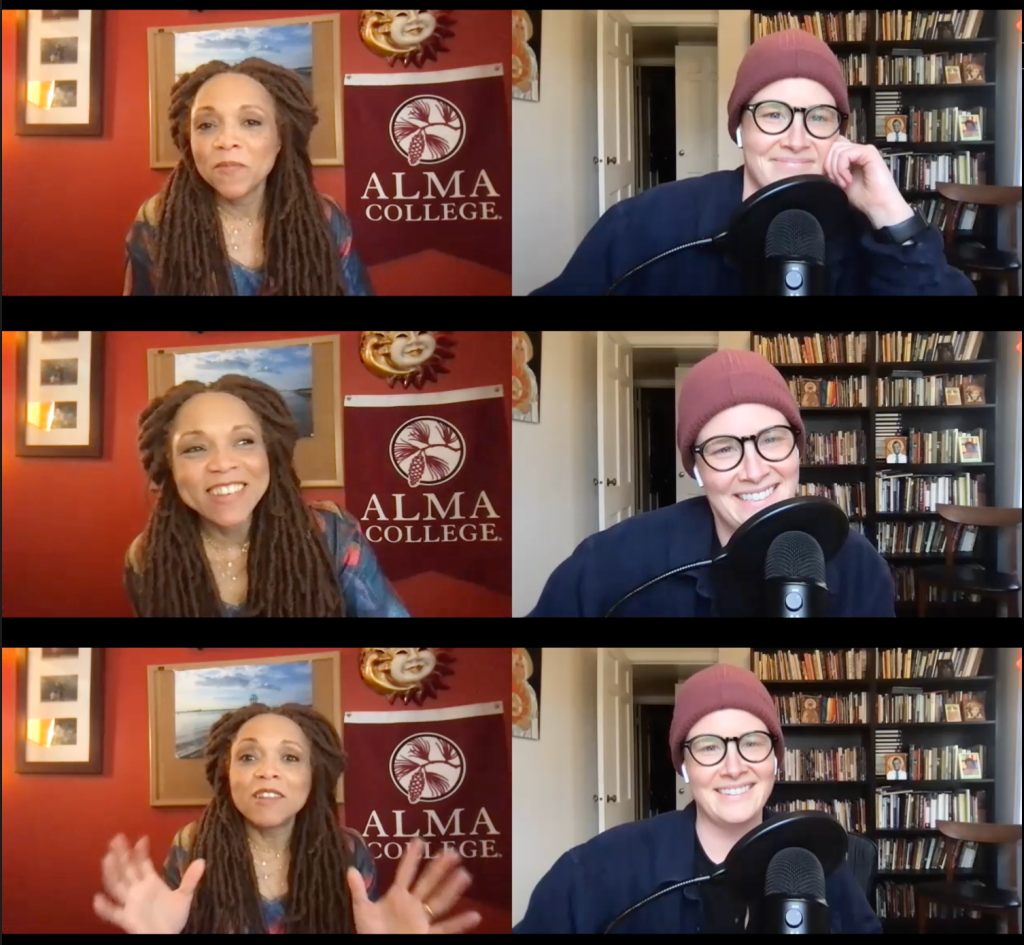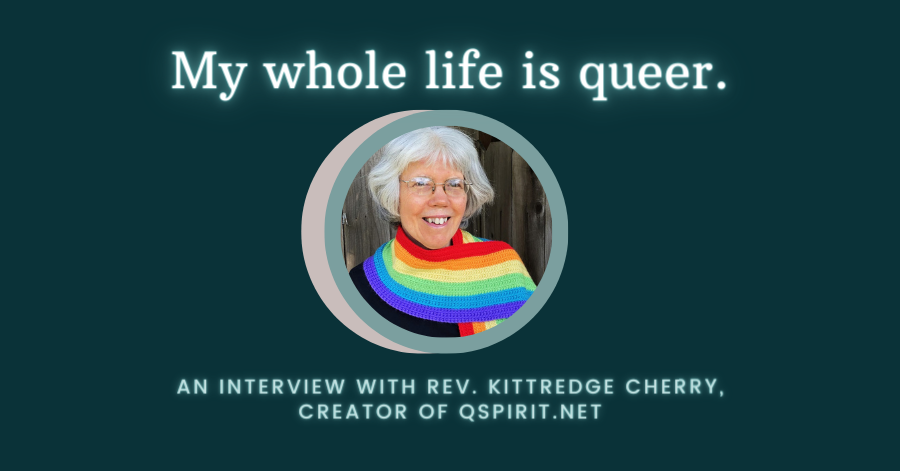Uncategorized
-

Being A Truth Teller: A Conversation with Sophfronia Scott
An interview with author Sophfronia Scott, “If we can come to the table with what’s missing, only then can we find the possibility of completion.”
-

Loving the Questions
“Your questions are of the devil,” I was told at an evangelical youth conference in high school. My insides responded confused, “huh? What the hell just happened?!” But, instead of speaking up, I went along with the adult in the room and regretfully shut my mouth.
-

Complacency, Complicity, and Confrontation
As I confront my own role in racial injustice, I think about the false narratives embedded in white supremacy.







